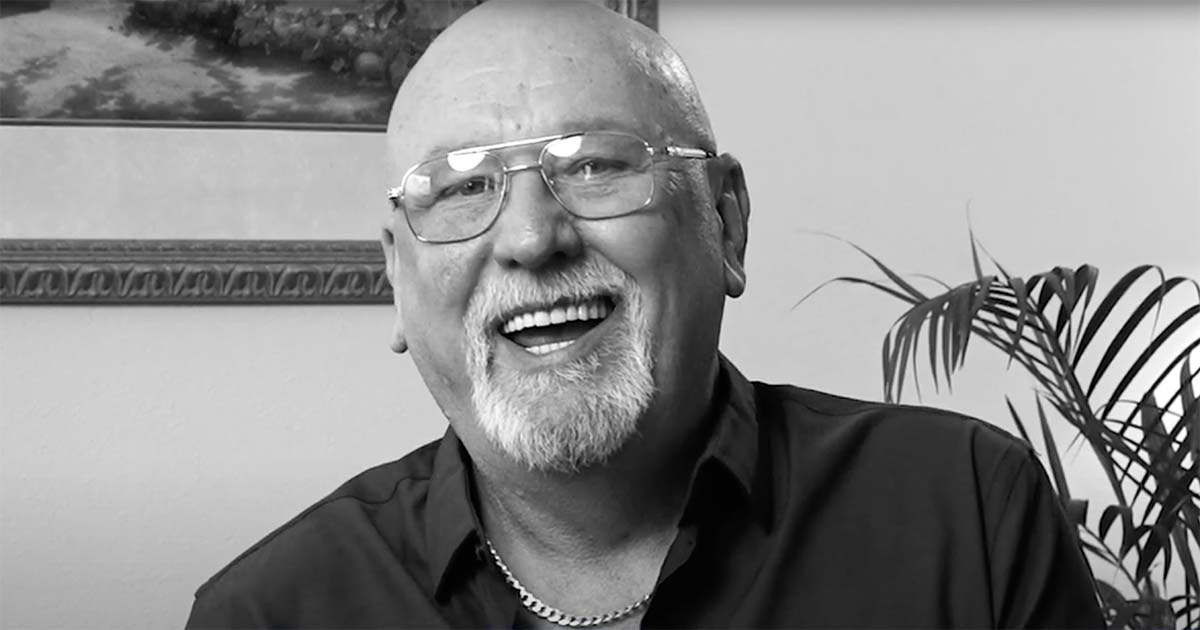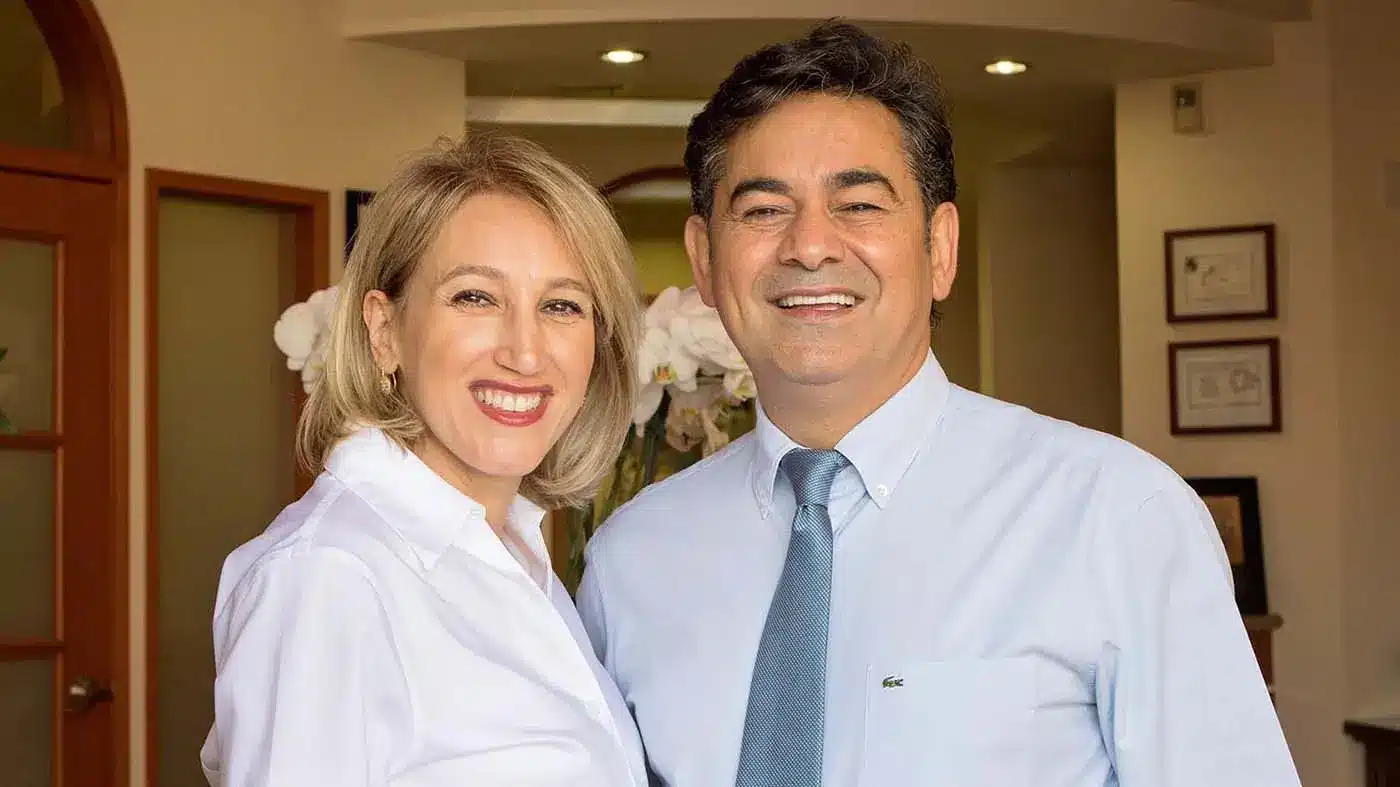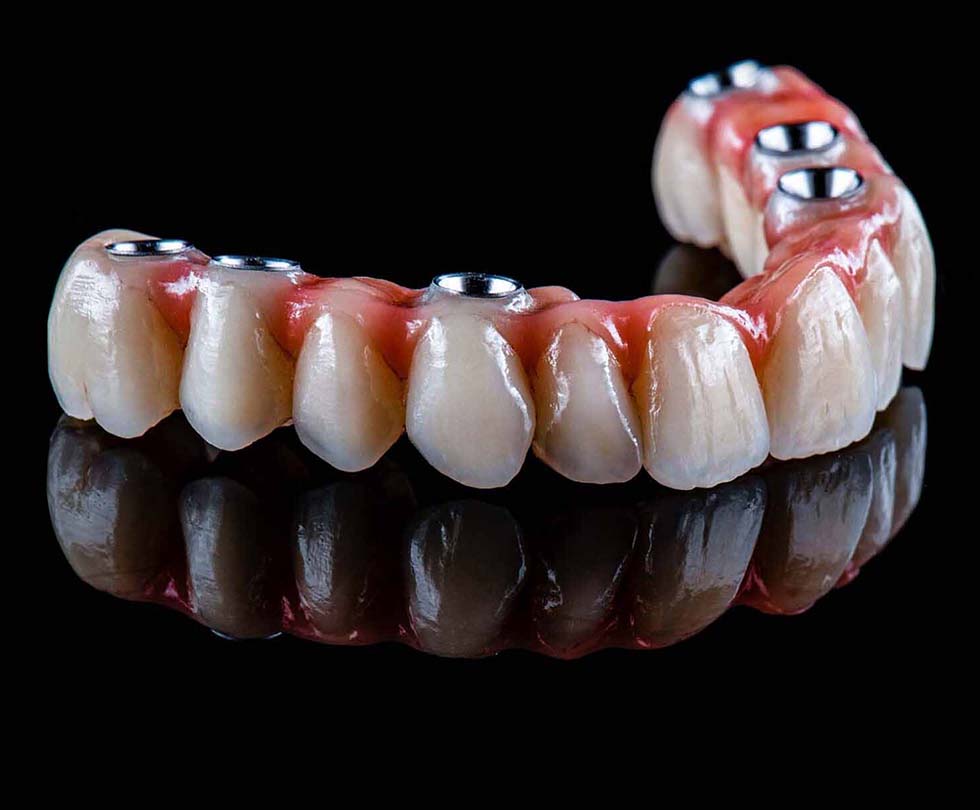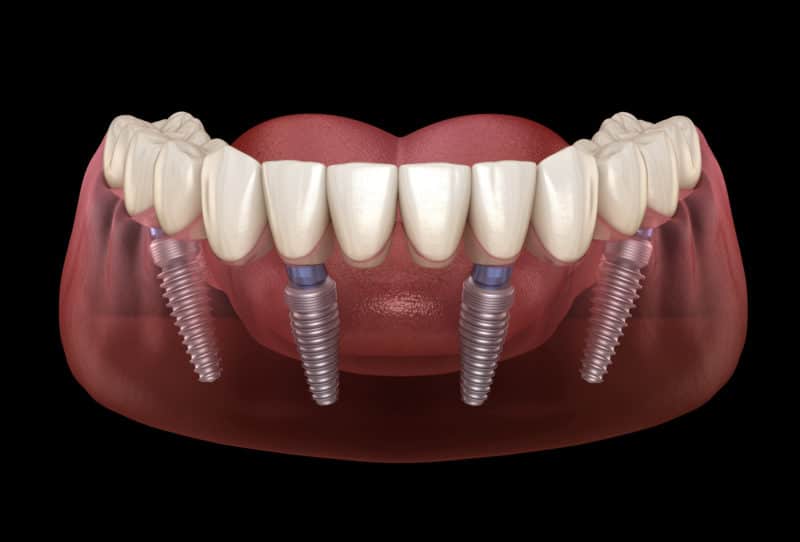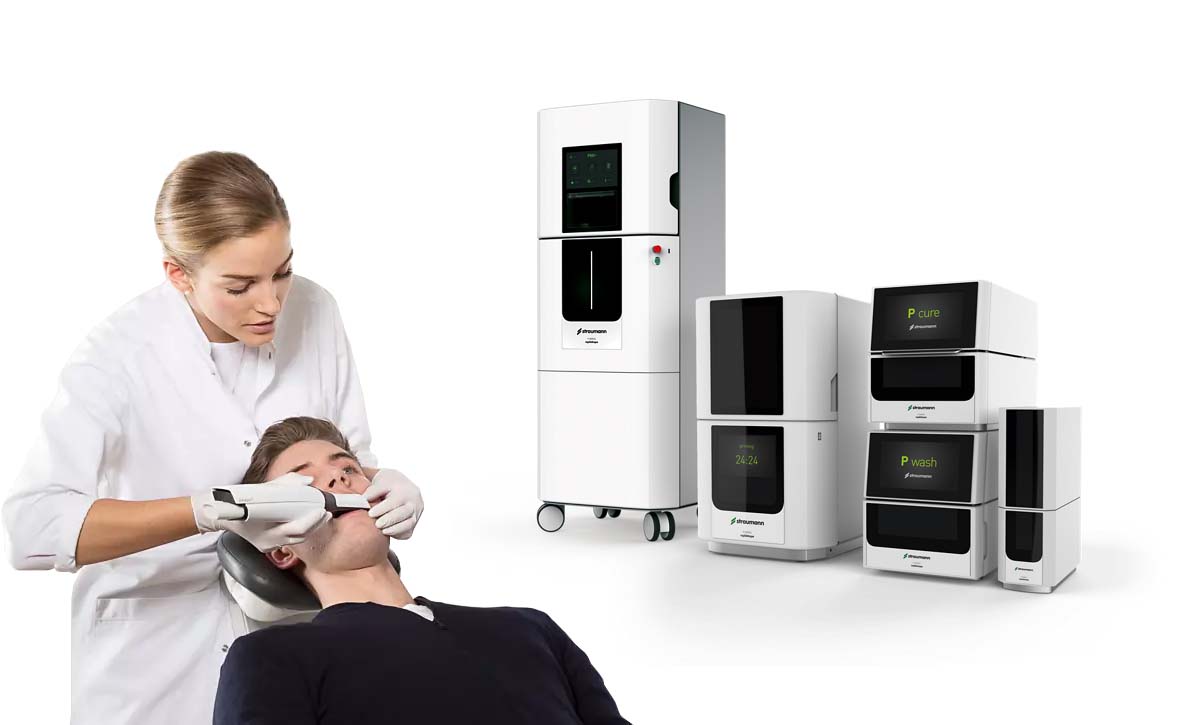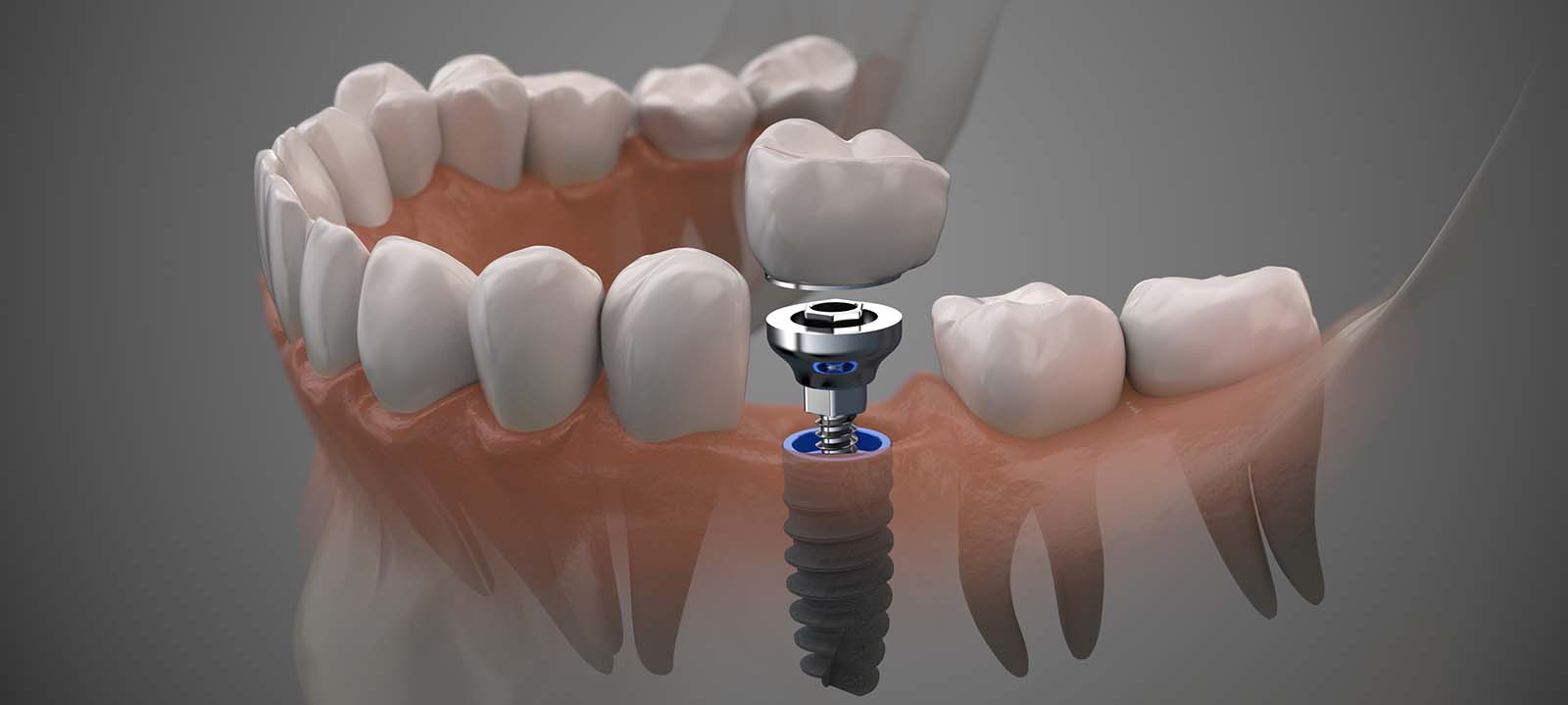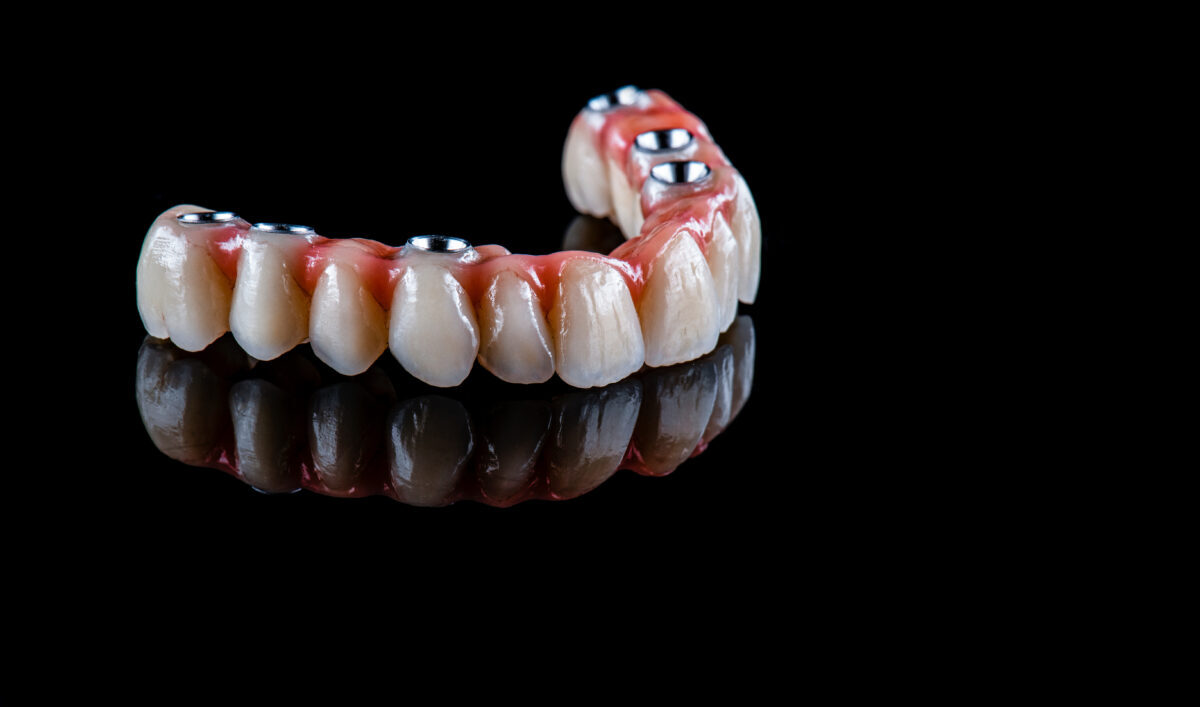Dental implants are long-term solutions to missing teeth. They provide a foundation for tooth replacement. The natural-looking, fixed, and permanent replacements are an excellent solution for patients who have lost all their natural teeth. You may be wondering how to heal faster after dental implants. What can I eat after dental implant surgery? You can eat any food you want, as long as it’s healthy and nutritious. After dental implant surgery, you’ll need to eat a special diet. You can eat regular foods, but it’s best to follow the dental implant recovery diet as your oral surgeon recommends. You only need to avoid anything that could cause discomfort or pain. Therefore how long after dental implants can i eat normally I? After implant surgery, you should avoid hard foods on your teeth. Crunchy foods like nuts and seeds are foods to avoid after dental implant surgery, as they might irritate the tooth root. You should also avoid acidic foods like oranges, tomatoes, and grapefruit.
Dental Implant Placement Options
Dental implants help replace a single tooth or multiple teeth. Dental implant placement options depend on the tooth’s situation and surrounding bone. As such, many types of full mouth dental implants are available. Dental implant placement options include:
All on 4 Dental Implants
The dentist places these implants in four sites, thus creating a full-arch restoration with minimal adjacent bone loss. The all on 4 dental implants Los Angeles are ideal if you have lost some or all your natural teeth. A full arch prosthodontic procedure involves placing artificial tooth roots into the bone around your existing teeth and attaching them to your gums with metal posts and screws. It is the most common dental implant placement option because it is permanent and looks natural.
Partial arch dental implant
You can also have other types of implants, often called mini-immediate implants, temporary partial dentures, or removable ones. These implants cover one or two sites, creating a partial denture replacement option with minimal adjacent bone loss. This treatment is ideal for those with some or all natural teeth loss but still, need significant support due to age-related bone loss in the jawbone area.
What to Expect After Dental Implants
If you have been through or are considering dental implants, chances are you’ve pondered the dental implant recovery timeline. After surgery, the best recovery method is to eat a good meal, get some rest, and relax. Here’s what to expect after dental implants:
Recovery Process
Sore Mouth
After placing the implant, you may experience pain and swelling in your jaw area for several days. The pain is normal and should dissipate over time. However, you should immediately contact your dentist if you experience severe pain or swelling after the surgery. You can expect to have a sore mouth for the first few days after a full mouth dental implants. The mouth is sensitive, and when it is healing, it needs nourishment to accelerate the healing process. The effect is normal and should improve and disappear in a few weeks.
Food
It is common to feel hungry, weak, and tired after dental implant surgery. Most patients will feel some discomfort in the first few days after surgery. Some patients may take certain medications or supplements as the dentist recommends helping with recovery. You should avoid foods that are hard on your gums and teeth. Raw fruits and vegetables, tough meats, and processed foods can cause more problems than they can solve.
Discomfort
You may experience swelling or tenderness in your cheeks, jaw, or neck. This discomfort will go away without treatment within six months of placement. You should seek medical attention immediately if it doesn’t improve within two months.
Results
You will see the result immediately after placement, but it may take several weeks for the bone graft material to become absorbed by your body. The process takes up to two months on average to complete fully, so don’t get disappointed if you don’t see immediate results.
Positive Changes
When you get dental implants in Los Angeles, your smile will look more beautiful and natural. Most patients realize a natural appearance after receiving dental implants. The main benefit of dental implants is their long-lasting characteristic over other options such as bridges and dentures. The results can be immediate and last for years. A patient will experience improved oral health, including:
The improved chewing ability for those with jaw problems or TMJ (temporomandibular joint)
Increased confidence in their smile because it is no longer marred by missing teeth
Improved breathing
Increased eating function as there is no longer any risk of food getting trapped between teeth. You can immediately start eating after dental implants.
Your new teeth will fit into your mouth like real teeth, and no need for adjustments.
Accelerating the Healing Process After Dental Implants
After dental implants, you may feel pain and swelling during the first few days or weeks. You’re likely to have a lot of swelling in your jaw because it takes time for the bone to heal around the implant. So what can i eat after dental implant surgery? The most important thing is to get plenty of rest and drink plenty of water, which will help reduce discomfort. Getting plenty of rest helps, as too much activity can worsen swelling, bruising, and pain. You should also avoid strenuous activities for about two weeks after surgery so that your body can heal completely.
You may also feel more sensitive to cold and hot temperatures, so ensure you wear comfortable clothing when you go out. If you have trouble eating after dental implant, take extra food with you when you go out. Don’t worry if your dental implant site looks red and swollen at first, as this will go away within a few days as the tissue surrounding it heals. You can take over-the-counter pain relievers, but if the pain is severe or lasts more than 24 hours, contact your dentist or primary care provider. Infection is less common after dental implants. However, you’ll need to visit your dentist for follow-up care if you develop an infection.
What Food to Eat After Dental Implants Surgery?
After a tooth implant procedure, you may get some chewing or pain problems. The best way to treat these problems is by eating healthy foods. If you’re having trouble chewing food, try adding chewable tablets or capsules to your diet. These products contain nutrients that are good for your teeth and gums. You can also add fruit or other soft foods to eat after dental surgery. You can eat almost anything, but we recommend you avoid ice cream or dairy products for at least two weeks. Ice cream contains high levels of protein, which may cause your implants to absorb faster than normal and become more susceptible to infection and damage.
Foods to Eat After Dental Implant Surgery
The implant therapy process typically takes between two weeks and six months. This period depends on how well you respond after surgery and the complications arising during recovery. Once healed, you can eat soft foods like pudding and yogurt for about two months before resuming your regular eating process. Here are some food tips for eating after dental implants surgery:
Liquid Foods
The liquid portion of the diet is optimal for healing. Drink plenty of water throughout the day and avoid sugary drinks such as soda or juice.
Soft Foods
You can eat soft foods after surgery and avoid eating too many fibrous foods at this point. We recommend avoiding hard or crunchy food until your gums heal completely from drilling and suturing. Raw fruits and vegetables are some of the soft foods to eat after dental implant surgery. The reason for taking soft foods after surgery is that your body has to get used to the new teeth and their location in your mouth.
Solid Foods
It helps to determine the food to eat after dental implants surgery. You can eat solid foods after your dental implants surgery, but they shouldn’t be too crunchy as they could damage your stitches or gum tissue. So, you may ponder what to eat after dental implant surgery. Cooked rice or mashed potatoes are good foods after dental implant surgery. You can gradually eat hard foods such as nuts, dried fruit, and even small pieces of meat or chicken. If you can still chew on hard foods after surgery, you may eat them after an initial recovery. You should not chew gum after your full mouth dental implants.
Foods to Avoid After Dental Implant Surgery
The best way to avoid infection after dental implant surgery is to keep your mouth clean and follow the dentist’s instructions. The best periodontist in Los Angeles will advise you about the foods to avoid for your post-surgical care. Unhealthy eating after dental implants can cause bacteria to grow in your mouth and lead to infection and pain.
Sugary Food
Generally, it is best to avoid foods high in sugar, salt, and fat, as they can irritate the gums. Cakes, pastries, chocolate, and crisps (potato and corn chips) are some foods to avoid after dental implant surgery.
Dairy Products
You may be wondering why no dairy after dental implant. There are many reasons why you should avoid dairy products after dental implants. Dairy consumption can weaken the bone around your implant socket. The bone surrounding your implant socket absorbs pressure from your implant when you chew or speak. Dairy can cause inflammation around your implants, and avoiding dairy is the best way to keep your implant from leaking. In addition, dairy products can cause an inflammatory response in the mouth and interfere with the healing process. Dairy contains large amounts of calcium, which can lead to corrosion of the implant if not properly managed. The most common types of dairy that you should avoid include milk or cream yogurt, ice cream, and other soft cheeses.
Sauces and Gravies
Sauces and gravies are usually thick, so it is best to avoid them for about two weeks after the procedure. Spicy foods such as chilies or hot sauces may make you feel sick or cause inflammation, leading to infection. You may also need to avoid alcohol.
Peanut Butter
Peanut butter is high in protein and fat, which can help with healing. However, you must avoid it for several months after your procedure because it has a high acid content and can easily hurt your gums.
Gelatin desserts
Gelatin desserts contain collagen and other proteins that can cause inflammation in your mouth soon after dental implant surgery. It is best to wait at least six weeks before eating these foods again.
Also, avoid eating foods high in phosphorus, such as steak and hamburgers, because they will slow down the healing of your gums. Excess phosphorus can cause damage to the soft tissue around the implant.
When to Start Eating Normally
Letting your teeth heal well before you can eat normally is paramount. If they are not healed enough, the bacteria can grow in them and cause infection. It may be best to eat some foods once it becomes easier for you to chew on them with implants. If you have a good dentist and take proper care of your teeth, you can start eating after dental implant within a short period. However, if you are suffering from gum disease or have had previous surgeries on your mouth, it is advisable to take it easy for some time.
Further, if you have many dental implants in the maxilla (upper jaw), eating anything hot or hard for a few weeks may be difficult. It will depend on how much bone support you have in that area of your mouth. If you do not have much bone support, eating could cause pain or even damage the implant itself. Nonetheless, if you have had dental implants in the mandible (lower jaw), there is no problem with eating hot or hard foods as long as they do not cause pain when chewing. If you want to eat normal foods right after dental implants, we recommend waiting on hard or chewy foods. If you decide to eat hard or chewy foods sooner, we recommend avoiding acidic foods to avoid infection.
Recommendations
Your body needs fuel to help repair your teeth and other areas affected by the procedure. A balanced diet will give you the energy needed for this process. A good dental implant recovery diet should include carbohydrates, protein, and fats to stabilize your blood sugar and prevent gum disease. We recommend a dental implant recovery diet to help you recover and maintain healthy teeth and gums.
The first step in getting dental implants in Los Angeles is scheduling an exam. Your doctor will look at your mouth, consult with you about the best options, and explain these options to make an informed decision. If you have questions about what to eat after dental implant surgery, talk to our best periodontist in Los Angeles. Our team at Southland Dental Care comprises professionals who have spent their careers training under the most respected dentists in Los Angeles. We offer various dental implants and are among the best all on 4 dental implants Los Angeles.





